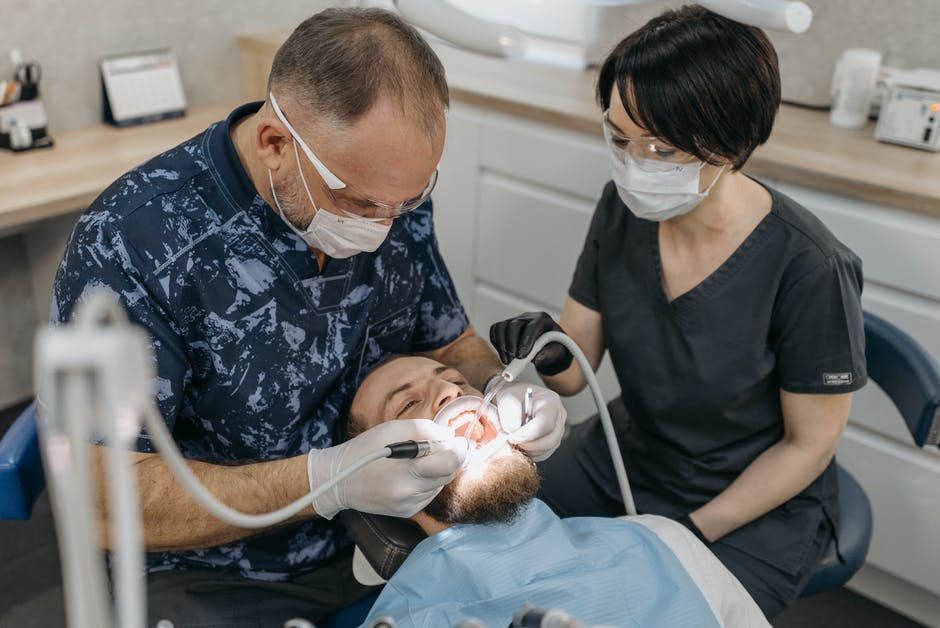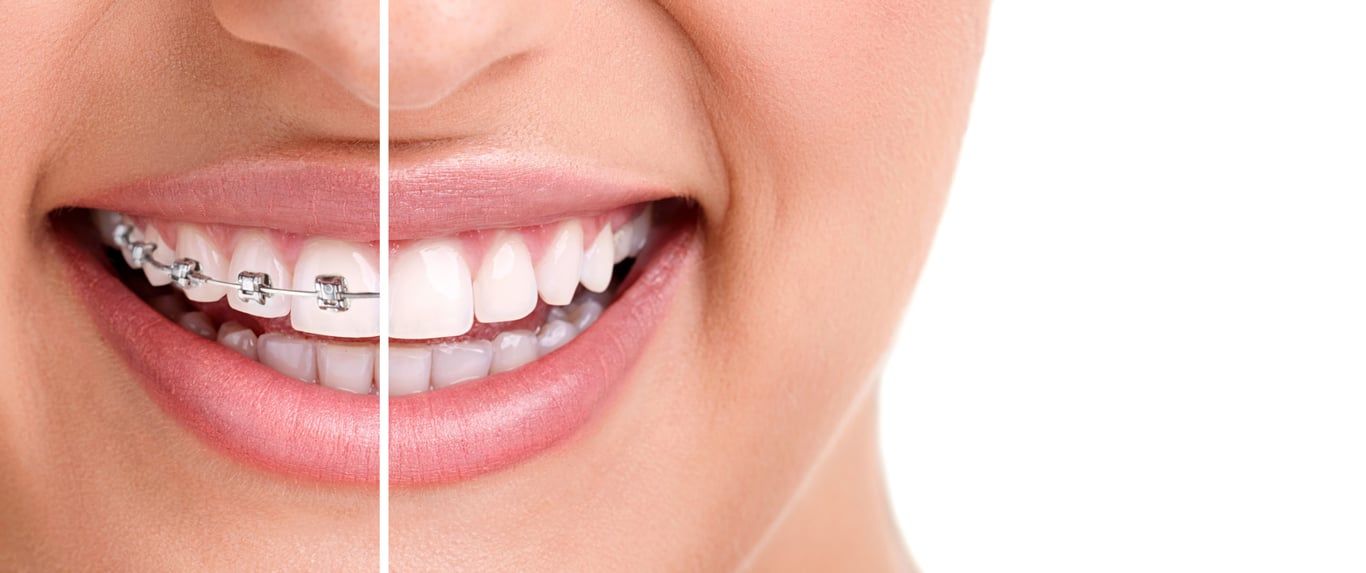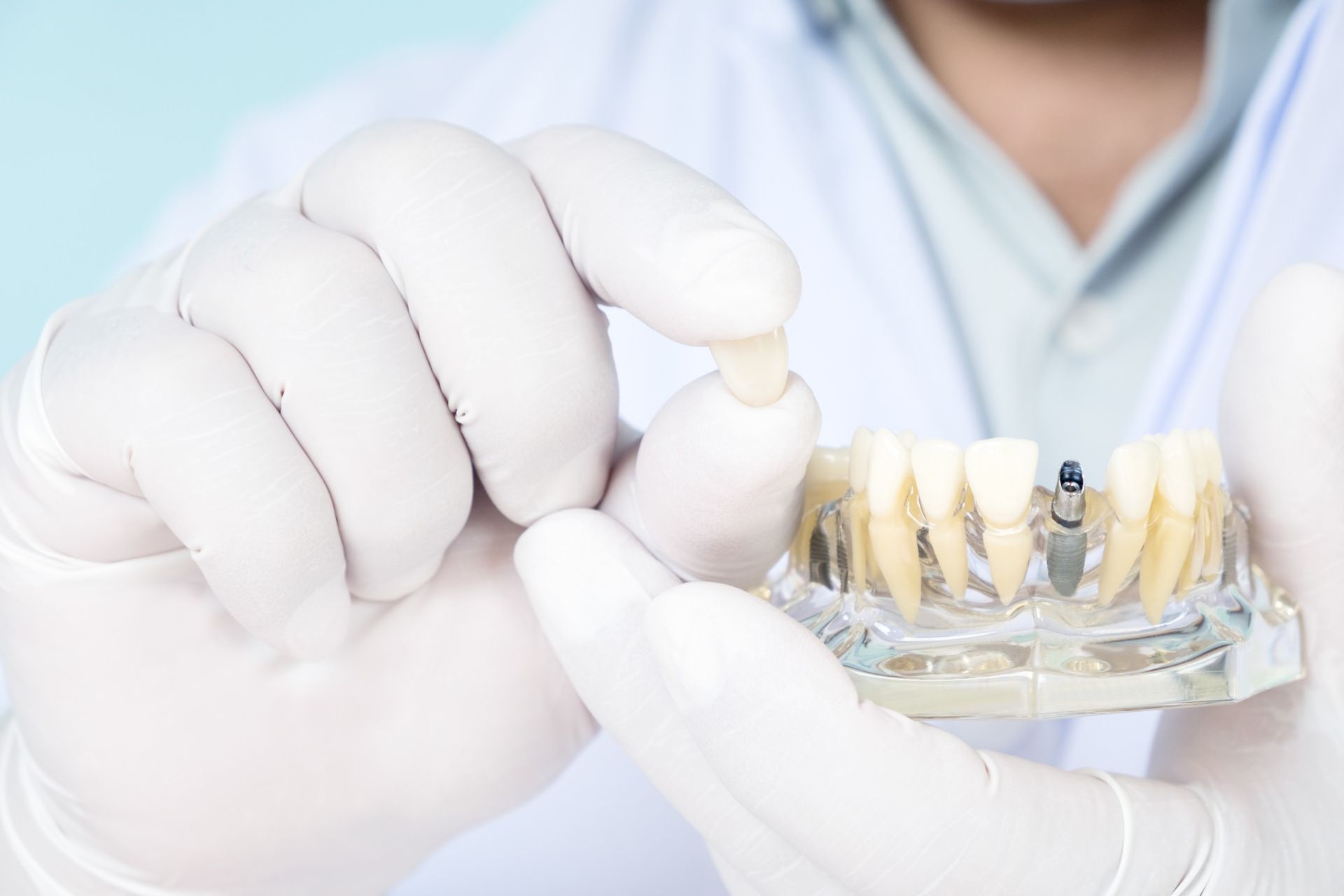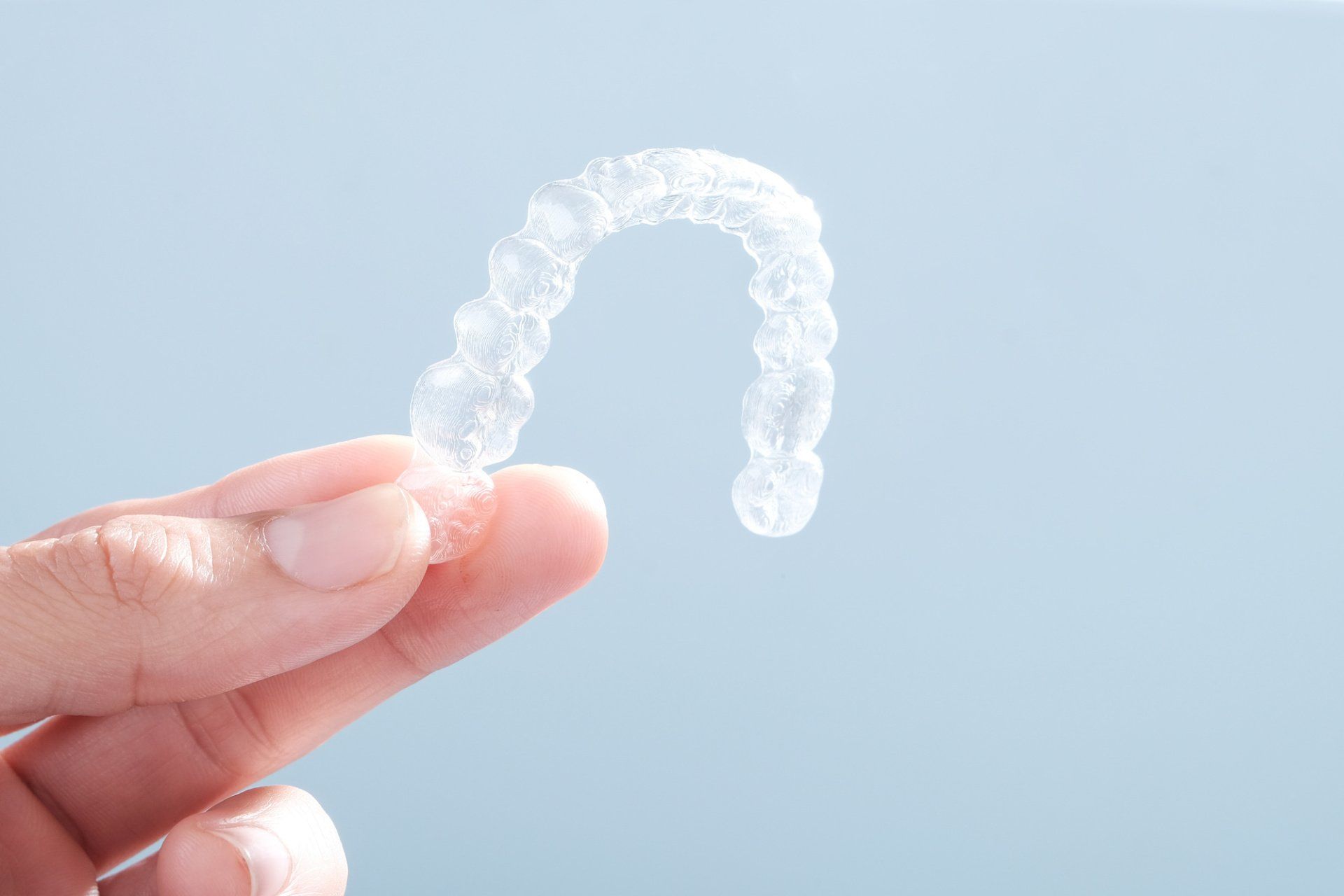Complete and Partial Dentures: What You Need to Know
Mt. Laurel Dental & Implant Center • November 24, 2020
Many people have dentures, but do not understand the different types. This guide shows what you need to know about complete and partial dentures.
Did you know that over 26% of American adults have untreated tooth decay?
If dental problems ravaged your smile, you want to remedy it by getting dentures. But without prior experience, you won’t know whether you need complete or partial dentures. This makes it more difficult to get the best solution for your situation.
Don’t feel hopeless yet.
With this guide, you’ll learn everything you need to know about them. Read on and find out more:
What are Dentures?
These are dental treatments primarily for replacing both missing teeth and their surrounding tissues. These are removable, making it convenient since you choose where and when to wear them. It has two types: complete and partial dentures.
The former is most suitable if you’re missing all your teeth. As for the latter, this is the best solution when some of your natural teeth remain intact. As to the types that serve you best, you’ll do well to get expert advice for dentures.
What are the Differences Between Complete and Partial Dentures?
With only 52.3% of American adults
saying they visit a dentist once per six months, it’s not surprising that tooth loss remains a prevalent problem in the United States. To know which treatment works best, you must know the difference between the types of dentures available:
Complete Dentures
This type of treatment has two subtypes: conventional and immediate. A conventional complete option involves removing the teeth and letting the gum tissue heal. In most cases, dentists place them 8-12 weeks after teeth removal.
For immediate treatment, dentists make them in advance, positioning them after removing the teeth without delays. This means the wearer need not go on without teeth while they heal. Take note, bones and gums will shrink as time passes, especially as they heal after removing the teeth.
With this, you’ll see that immediate dentures need more adjustments compared to their conventional counterpart. This ensures that they settle in during the healing process. That’s why most experts agree that it’s a temporary solution replaceable by conventional ones later.
Partial Dentures
Also known as bridges, a partial denture uses replacement teeth attached to a gum-colored plastic base. Depending on your situation, a metal framework can connect these, securing it inside your mouth. That’s what makes it a desirable solution when you have one or more natural teeth remaining in either the upper or lower jaw.
This fixed bridge uses crowns on the teeth on either side of the space. This allows the dentist to attach artificial teeth to them, replacing all your lost ones. After this, they cement this bridge in place.
Its primary advantage is that it fills in the gaps made by missing teeth. Furthermore, it stops other teeth from shifting positions. The best part is that a precision partial replacement is removable, with internal attachments instead of clasps that hold adjacent crowns together.
How to Get Treatment
Regardless of the type you’ll get, know that the rough steps involved in the process will be the same. Here are the most common steps you must expect:
1. Dental Examination
The first step is for the dental team to examine your teeth. This enables them to determine the current state of your oral health. To do this, they will look for any symptoms of infection, decay, and previous dental work.
The reason why they do this is to identify anything that can interfere with the process. It also helps them determine whether they need to remove other teeth. That way, you have a strong groundwork before putting them on.
2. Making the Dentures
After consulting, your dentist will get a mold of your teeth along with their measurements. This ensures that they will fit your remaining teeth without issues. After that, they will send the results to a dental lab since they will make them using these specifications.
3. Fitting the Dentures
After completing the dentures, your dentist will call you for a fitting. This ascertains whether they did a good job with the fit. The most reputable dentists will ensure that you’ll use them without any issues like pain.
When needed, dentists will adjust them while on this appointment.
4. Adapting to Dentures
Take note, you won’t feel pain, but it takes a while before you acclimate to wearing them. This means you might need some time adapting to eating and talking with these dental treatments. But once you do, you’ll get the same level of functionality and control as with your real teeth.
Factors to Expect When Getting Dentures
Keep in mind they take time to master, and it also means maintaining proper oral hygiene. Take note, proper care involves using a specific brush type and a liquid solution. This is necessary because it ensures it won’t damage the material used for the dentures.
Also, you must soak removable dentures in the solution every night while you sleep. The good news is that your dentist will tell you the most effective methods of caring for your dental treatments. This includes the best solution for cleaning it.
Who Can Get Dentures?
The most ideal candidates to receive dentures are people with significant tooth loss. If you fit this category, you must remember that you must have enough healthy gum tissue and jawbone to qualify. In some cases, the extent of your tooth loss problem will also be a consideration.
If you have a few missing teeth, your best option is to get a dental bridge. Otherwise, if you are missing a larger number of teeth, you can choose between a partial or complete denture treatment. Always consult your dentist if you aren’t sure whether you’re eligible enough for dentures.
Get Dentures Today!
These are some things you must consider when getting your dentures. It doesn’t matter whether it’s complete or partial dentures. The best solution will always present itself after your dentist makes the initial examination.
Do you need help getting dentures? If so, contact us today
and let us help.











